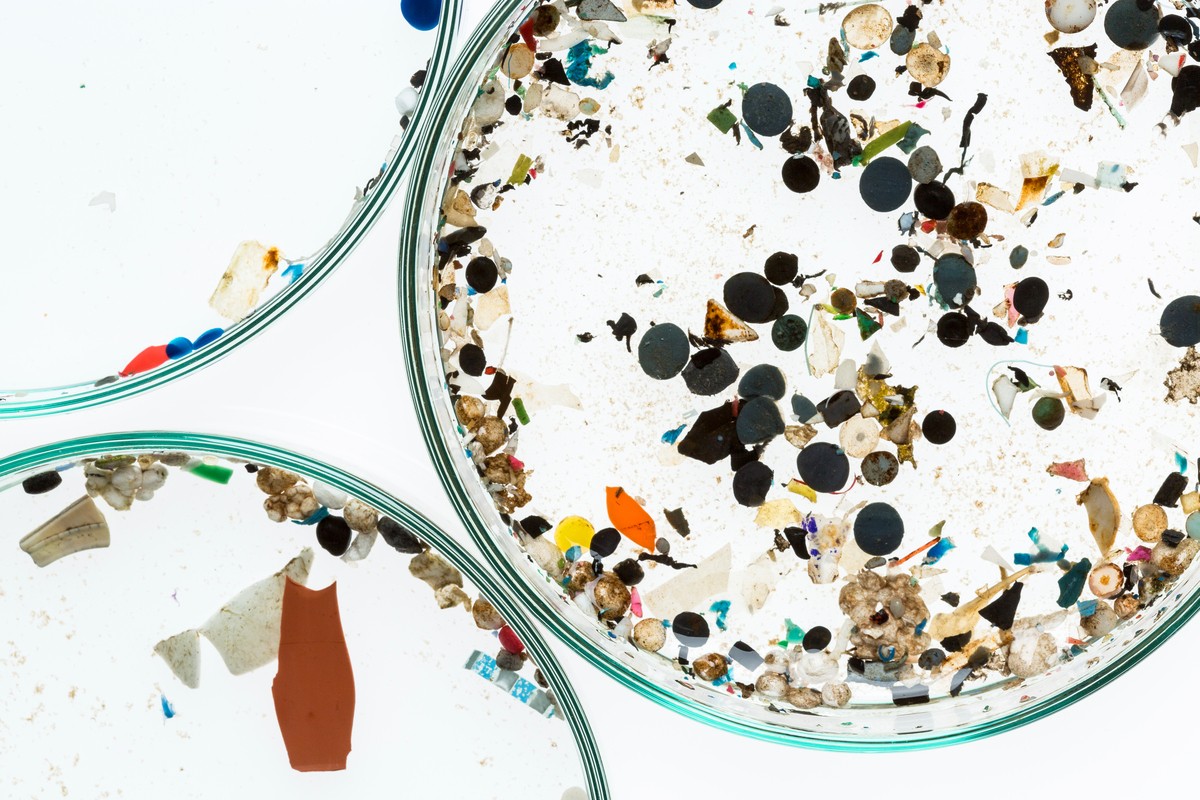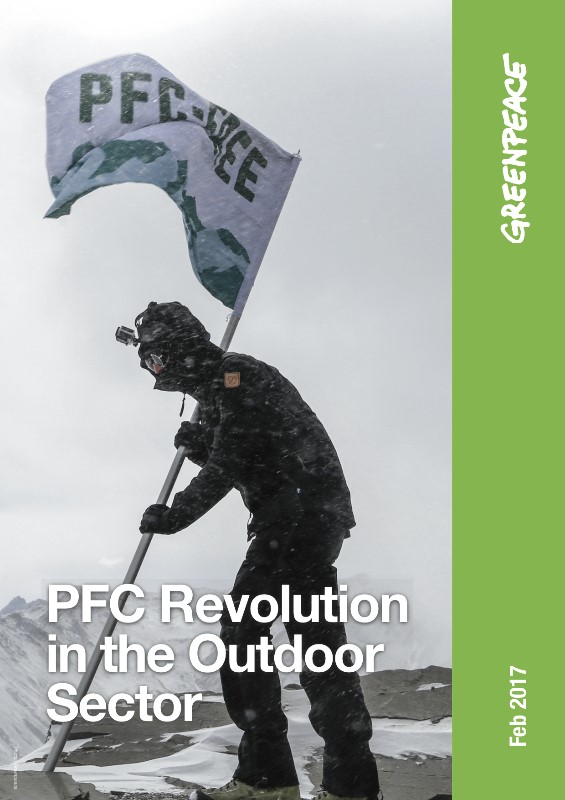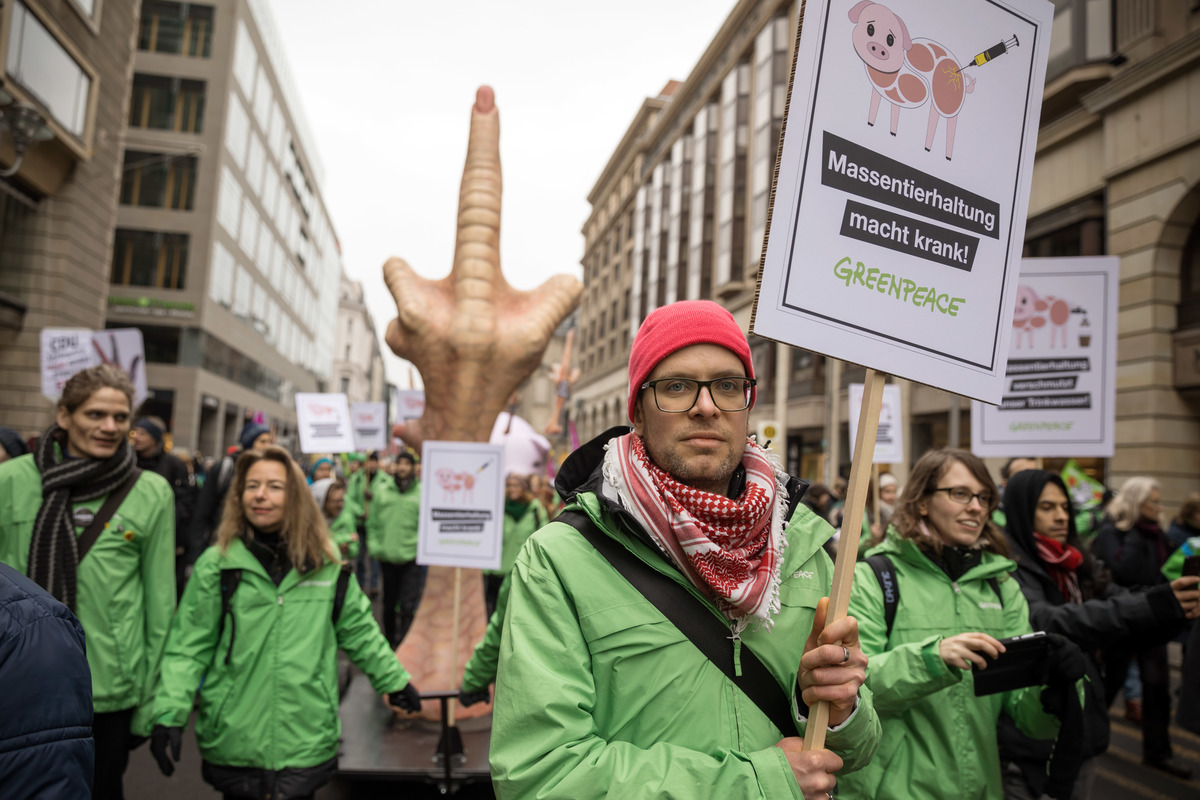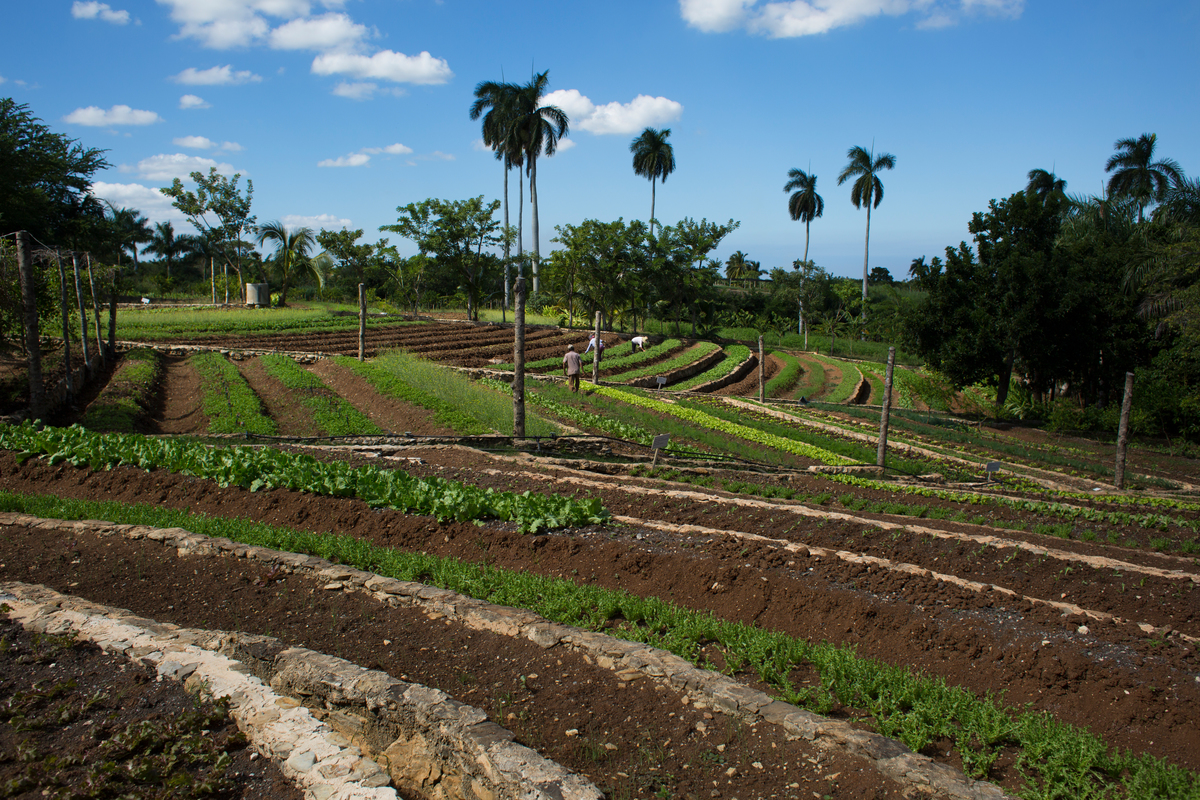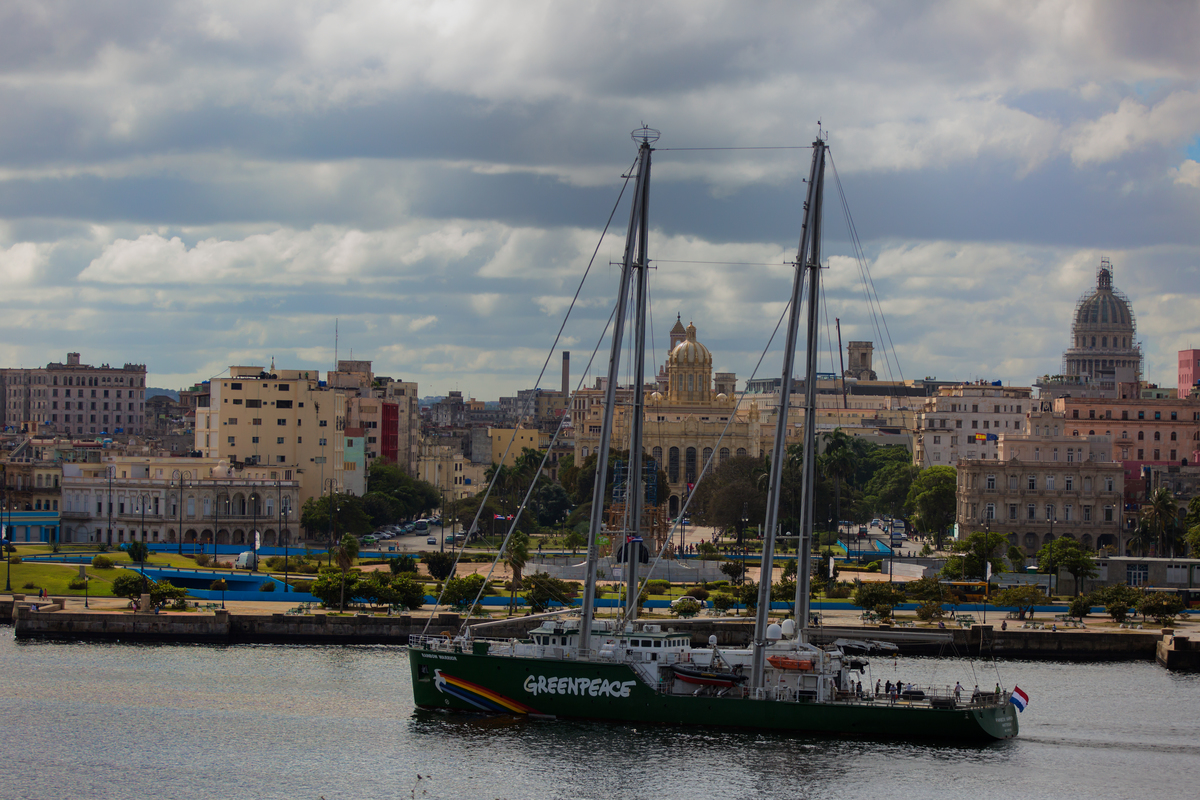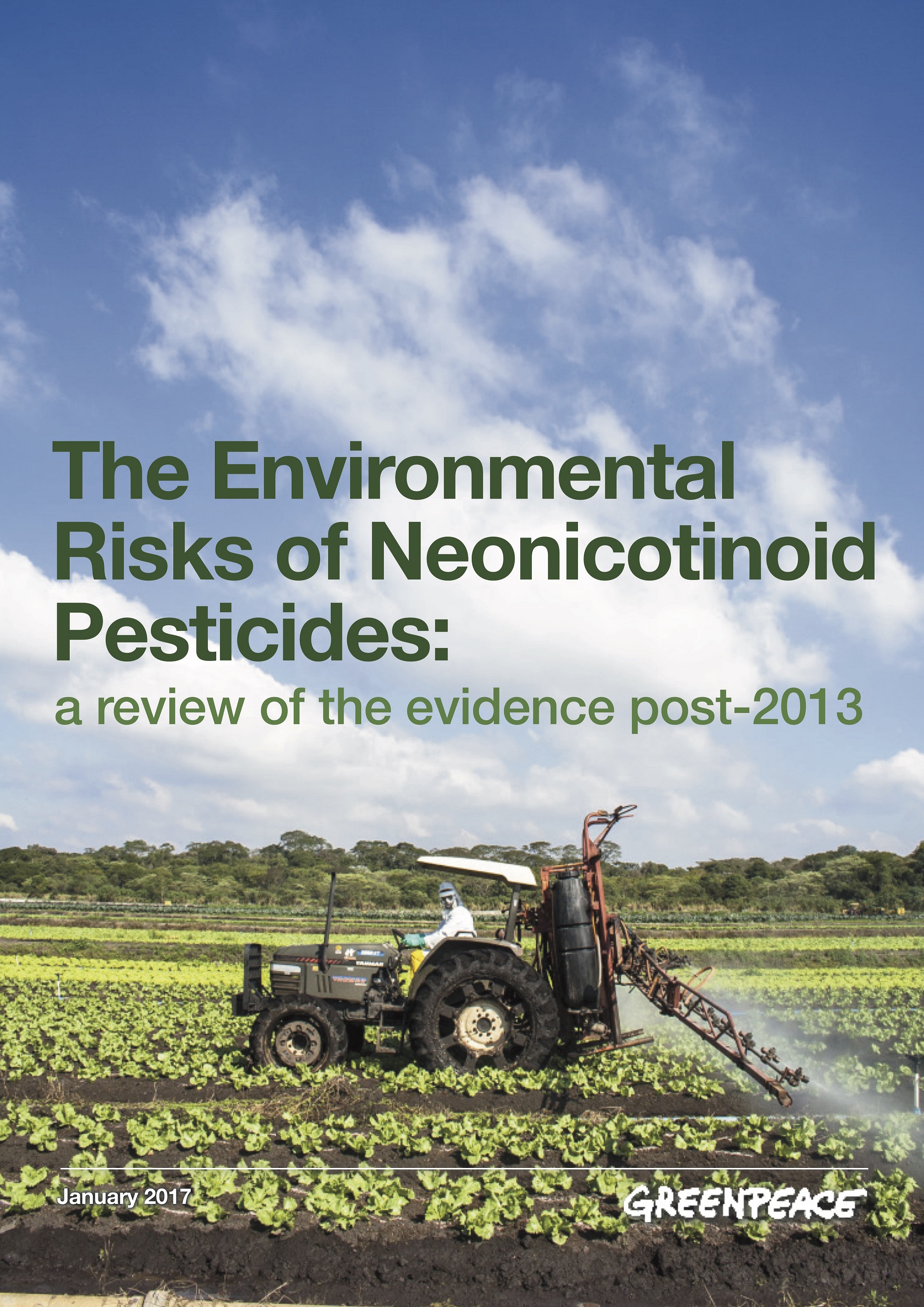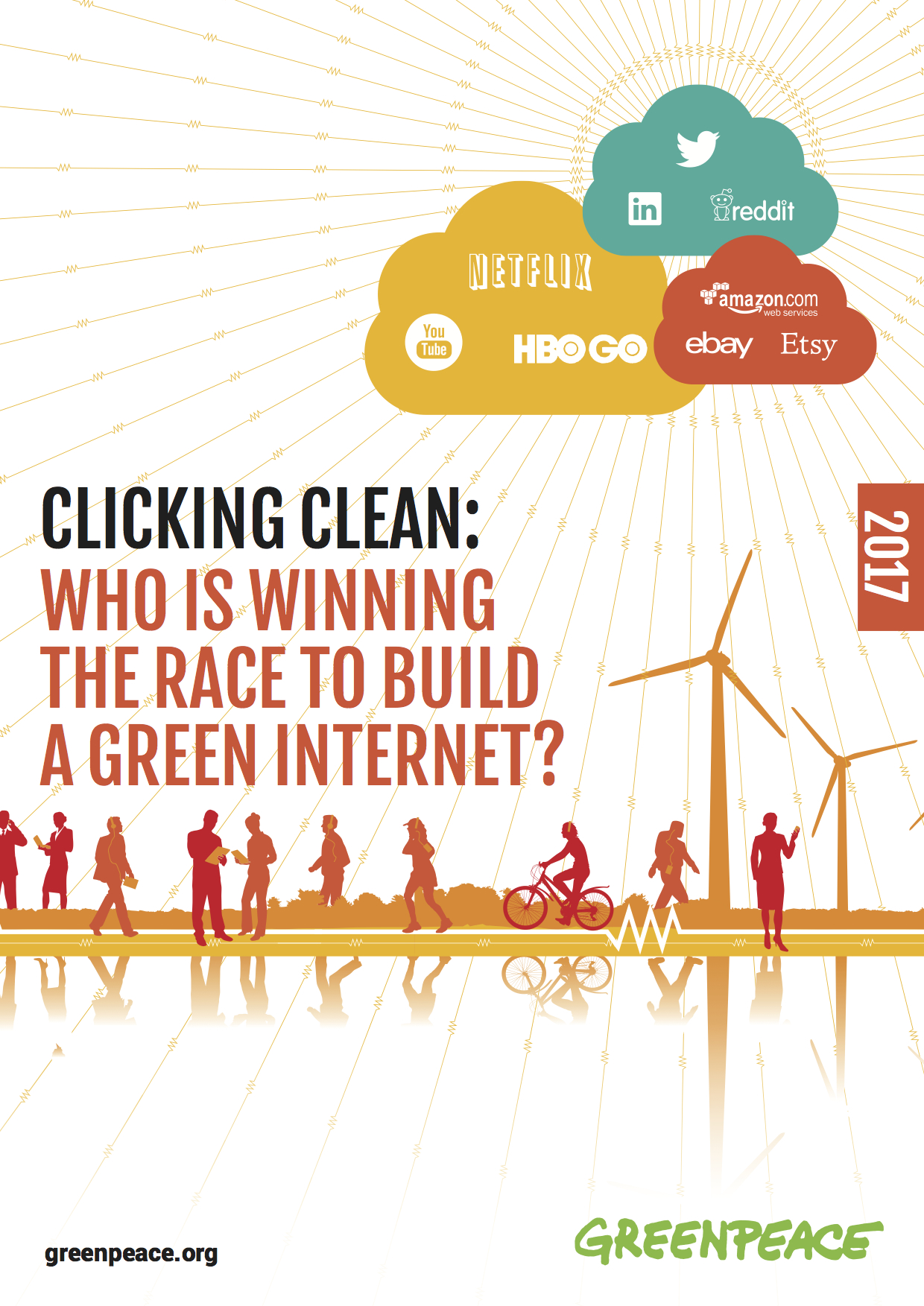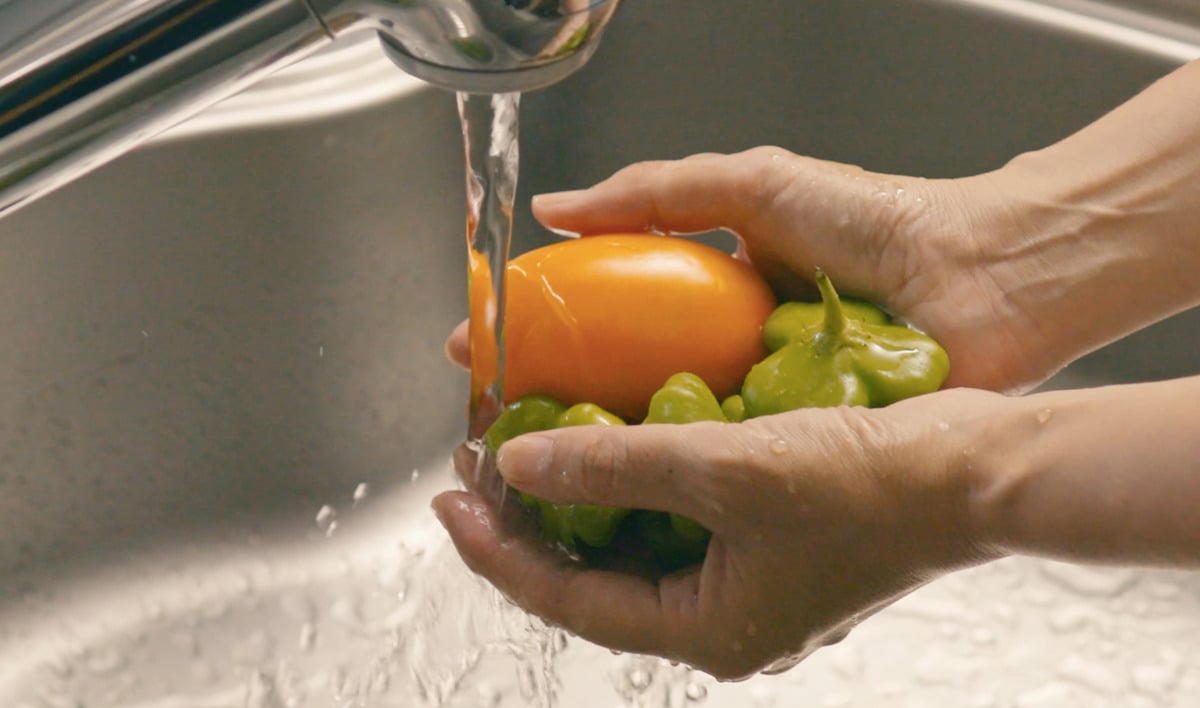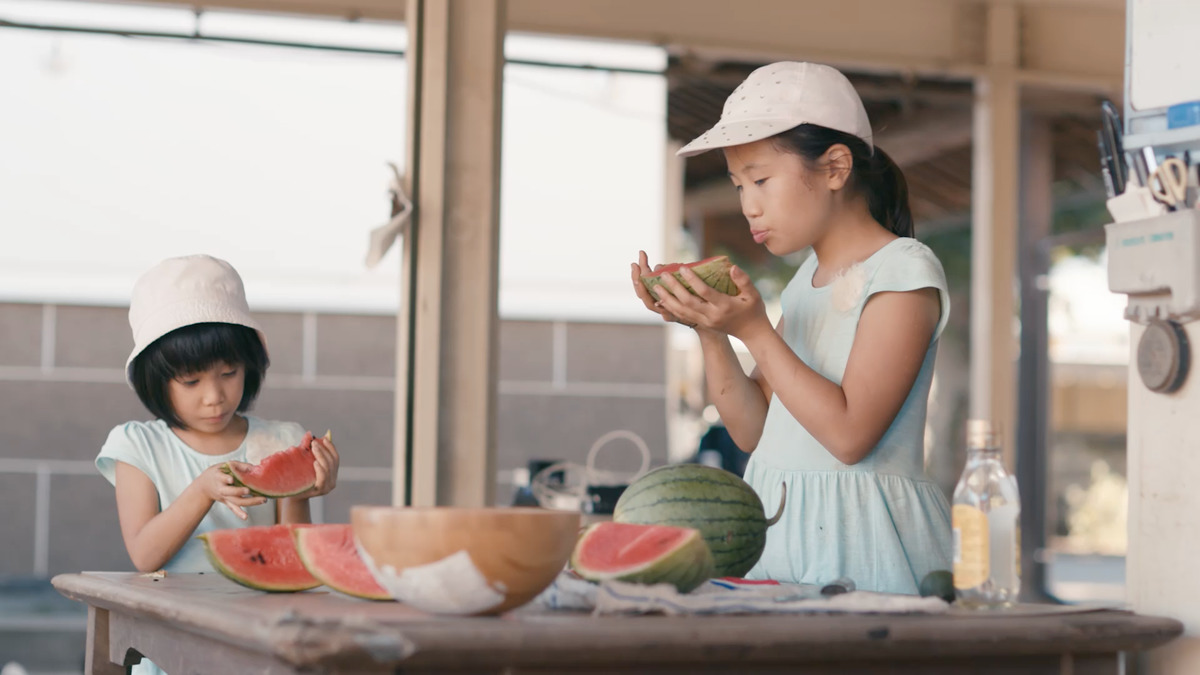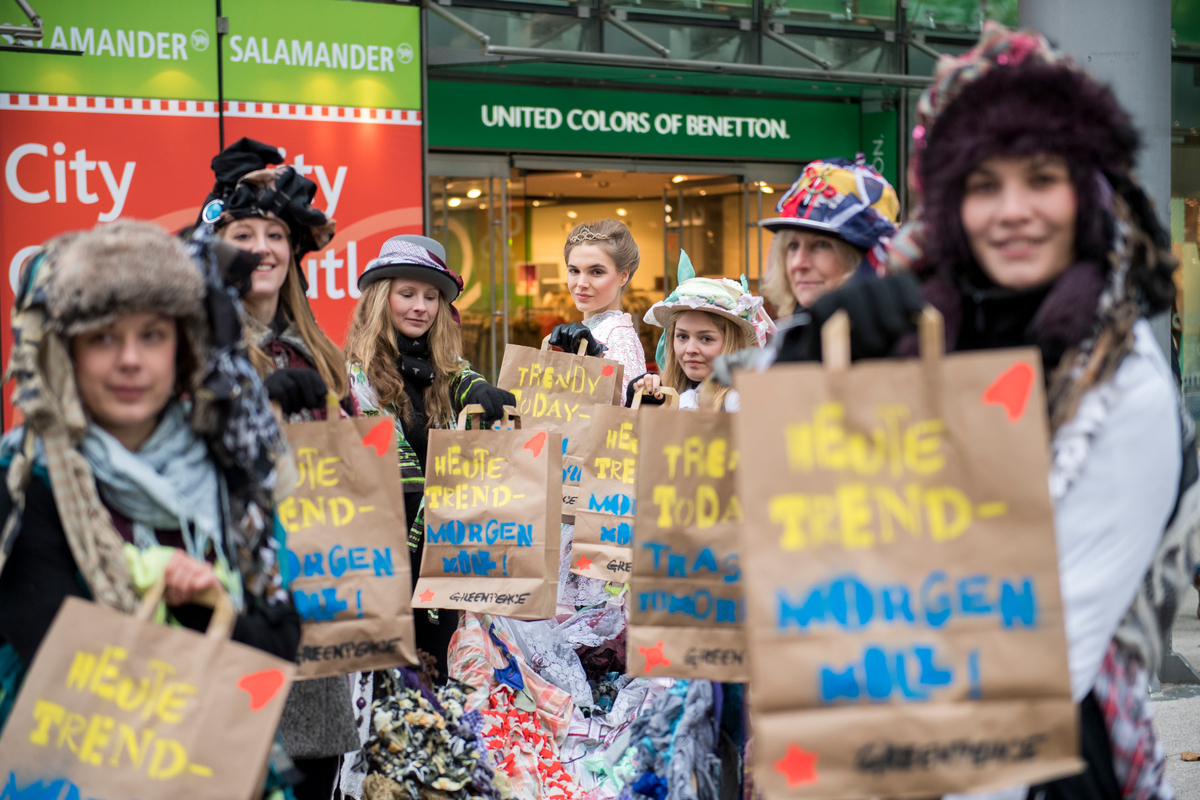All articles
-
What are microfibers and why are our clothes polluting the oceans?
Synthetic fibers could be a wonderful thing. Their production requires far less water than cotton and they don’t require toxic pesticides to grow. But does that make them environmentally friendly? Sadly not.
Kirsten Brodde3 min read -
PFC Revolution in Outdoor Sector
PFCs are used in many industrial processes and consumer products, and are well known for their use by the outdoor apparel industry in waterproof and water-repellent finishes.
Greenpeace International1 min read -
Agricultural revolution in Germany: we want it and we can do it
We are fed up. You, me and a lot of our farmers. In Berlin, Germany, some 18,000 people just took to the streets to protest against industrial agriculture. It is clear we no longer want a food system that is dependent on pesticides, pollutes our water, uses genetic engineering, grabs land, mistreats animals and takes…
Dirk Zimmermann3 min read -
Seeing is believing: Growing food for people, with people and with nature in Cuba
“Ojos hacen fe.” Those are the words of Lucy Martín, an inspiring Cuban researcher with Oxfam in Havana. She has lived through decades of change in Cuba, while remaining grounded in the reality of farmers there.
Reyes Tirado5 min read -
Rainbow Warrior arrives in Cuba to document the island’s eco food system
Havana, Cuba 11 January 2017 - Greenpeace's Rainbow Warrior, arrived in Cuba for the first time to host a conversation between Mexican scientists and farmers and their Cuban counterparts, responsible for researching and practising large scale ecological farming on the island for over two decades.
Greenpeace International2 min read -
The Environmental Risks of Neonicotinoid Pesticides
Neonicotinoid pesticides were first introduced in the mid-1990s and since then their use has grown rapidly so that they have become the most widely used class of insecticides in the world, with the majority being used as seed coatings.
Greenpeace International1 min read -
Clicking Clean
The internet will likely be the largest single thing we build as a species. Tasked with creating and then catering to the world’s insatiable appetite for messages, photos, and streaming video, along with critical systems supporting our financial, transportation, and communication infrastructures, the internet serves as the central nervous system of the modern global economy.
Greenpeace International1 min read -
How does ‘organic food’ affect your body?
Is the food you and your family eat everyday really free from synthetic chemical pesticides? Join us. Challenge yourself to switch to organic food and help promote pesticide-free food for families everywhere. Together, we can fix the broken food system!
Kenji Ishihara3 min read -
Research shows switching to organic food can reduce pesticide levels in urine
Tokyo, 19 December 2016 - Traces of pesticides in urine have been found to decrease significantly among people, particularly children, who moved from a conventional to an organic diet. The findings come from a study involving two Japanese families, commissioned by Greenpeace Japan, and which backs up similar research into lower pesticide exposure in individuals…
Greenpeace International3 min read -
Black Friday: Greenpeace calls timeout for fast fashion
Hamburg, 24 November 2016 - New research on fashion trends and textile waste, released by Greenpeace on the eve of Black Friday, highlights the serious environmental consequences of overconsumption. Clothing is among the most sold products on the annual shopping day promoted in many countries, which, critics say, encourages impulsive overspending and unnecessary purchases through…
Greenpeace International3 min read

